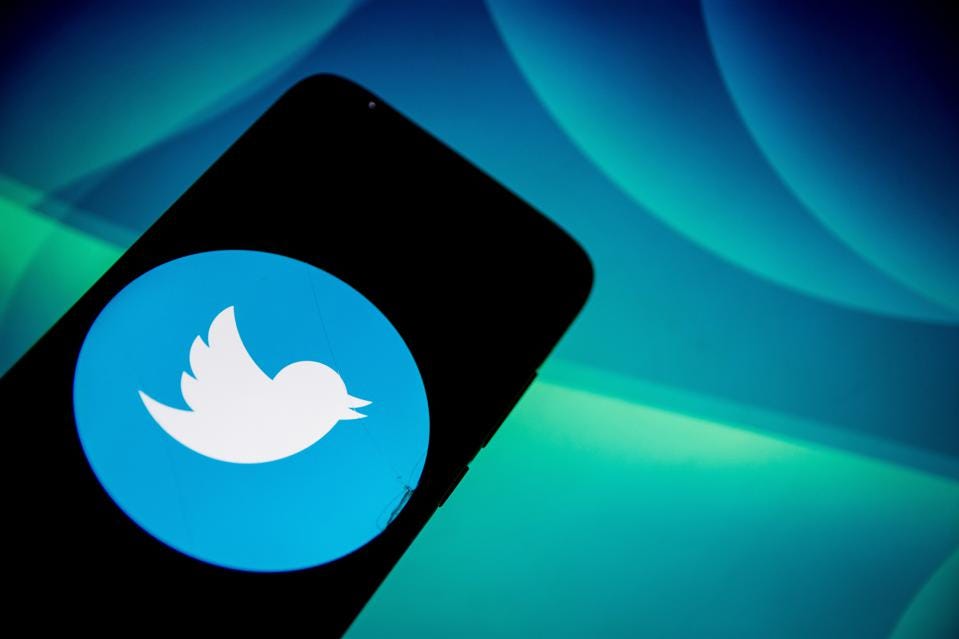A new study examining misinformation on social media platforms unveiled that Twitter is among the least susceptible to the dissemination of COVID-19 propaganda.
The study appeared in New Media & Society.
Conducted by a team led by the Universitat Oberta de Catalunya, their study was fueled by the recent upbringing of conspiratorial beliefs propagated by users on social media platforms pertaining to the COVID-19 pandemic.
“We examine the relationship between platform use and conspiracy theory beliefs related to the COVID-19 pandemic,” the authors said in their study. “Relying on the concept of technological affordances, we theorize that variation across key features make some platforms more fertile places for conspiracy beliefs than others.”
The study relied on data from a two-wave online survey administered within 17 nations before and after the COVID-19 pandemic sufficed.
Researchers found a negative effect on conspiracy beliefs. “Our results support the hypothesis that Twitter has a negative effect on conspiracy beliefs, while use of Facebook, YouTube, Messenger, and WhatsApp were found to have positive effects,” the authors concluded.


